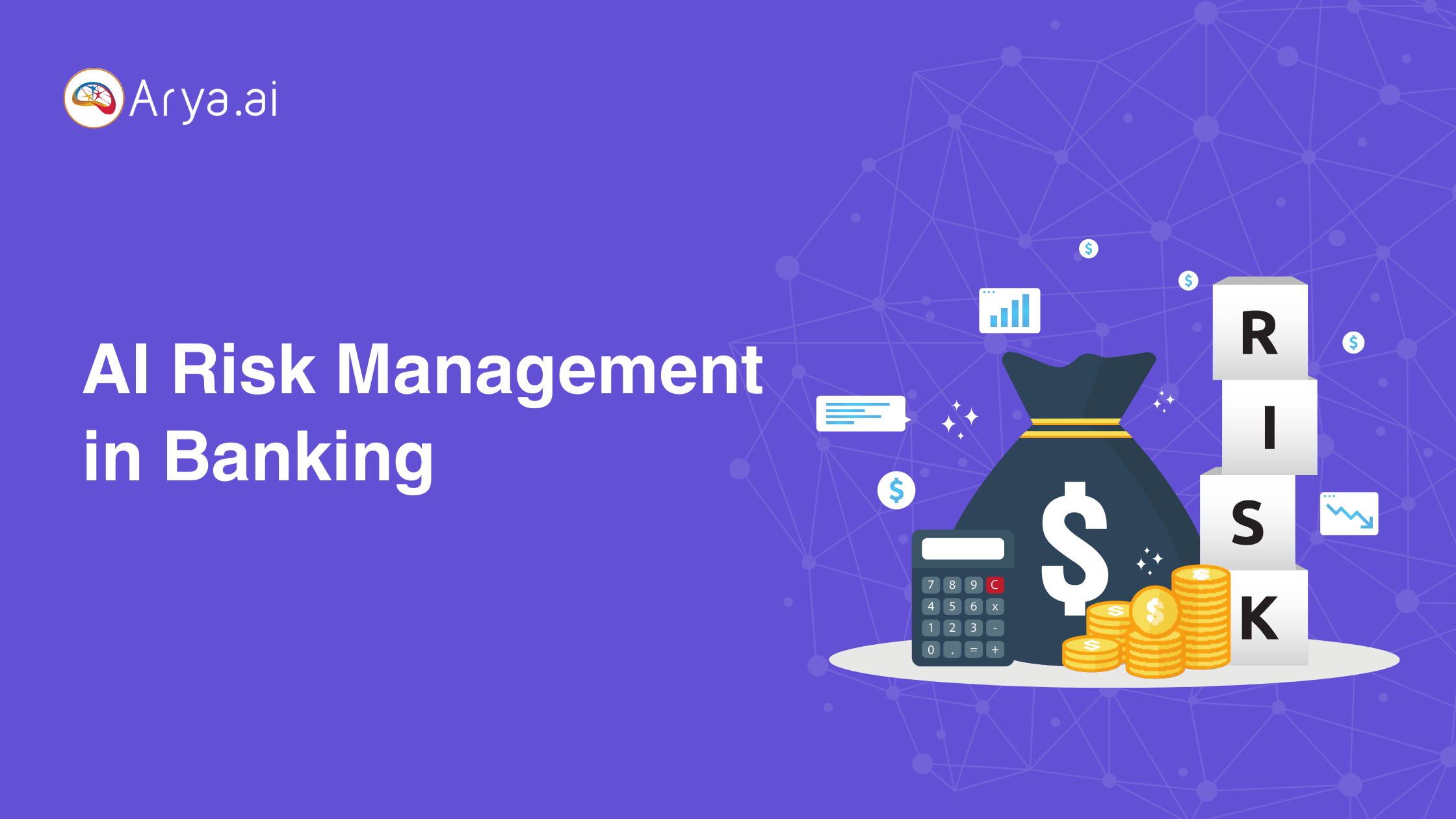Automate Your Workflow, Eliminate Errors and Save Time With Invoice Extraction
Arya's digitisation module not only extracts all information from e invoice documents, but also incorporates a state of the art parser which intelligently classifies the extracted information into relevant fields such as billing and shipping addresses, vendor information, purchase order ID, invoice and due dates and It works on various invoice formats, bills,receipts which eases your invoicing process.
























Why Arya Invoice Extraction?
Can process invoices in various formats and complex layouts for effortless data capture with high accuracy
Captures dozens of fields from each invoice, making processing easy across PDF, JPG, or PNG formats
Empower your team by reducing the manual review process, which boosts efficiency and accuracy
Over 15M invoices processed ensuring reliability and scalability for your business
always wanted
200 M+
Annual API Volume
95 %+
Accuracy Rate
720 K
Daily API Volume
< 5 Mins
Time to launch
More Reasons To Love Arya AI

Hassle-Free,
No Code Platform

Easy to adopt
& integrate

99.99%
API Success Rate

Reliable &
Secure
Learn More From Our Resources

6 Dec 2023
Ten Types of Document Fraud to Know in 2024
Financial document fraud has increased in the last two years. Scammers...

19 March 2024
How to Identify Fake Bank Statements
While we expect bank statements to be accurate records of financial transactions...

30 April 2024
AI Risk Management in Banking
With banks and financial institutions heavily relying on large volumes of data, they...

Please wait...
{{k}}
{{v}}
| {{h}} |
|---|
| {{d}} |
{{output.body.error_message}}
Documentation
Usage and Code Samples
curl --location --request POST '{{getEndpoint(url, api_version, pageDetails.ping_endpoint)}}' \
--header 'token: < your private token >' \
--header 'content-type: application/json' \
--data-raw '{
"doc_type":'image',
"doc_base64": '< base64 string of document >',
"req_id": '< req id string >',
"category": '< string >'
}'OkHttpClient client = new OkHttpClient().newBuilder().build();
MediaType mediaType = MediaType.parse("application/javascript");
RequestBody body = RequestBody.create(mediaType, "{ "doc_type":'image', "doc_base64": '< base64 string of document >',"req_id": < req id string >, "category": '< string >' }");
Request request = new Request.Builder()
.url("{{getEndpoint(url, api_version, pageDetails.ping_endpoint)}}")
.method("POST", body)
.addHeader("token", "< your private token >")
.addHeader("content-type", "application/json")
.build();
Response response = client.newCall(request).execute();require "uri"
require "net/http"
url = URI("{{getEndpoint(url, api_version, pageDetails.ping_endpoint)}}")
https = Net::HTTP.new(url.host, url.port)
https.use_ssl = true
request = Net::HTTP::Post.new(url)
request["token"] = "< your private token >"
request["content-type"] = "application/json"
request.body = "{"doc_type":'image', "doc_base64": '< base64 string of document >',"req_id": < req id string >, "category": '< string >' }"
response = https.request(request)
puts response.read_bodyCURL *curl;
CURLcode res;
curl = curl_easy_init();
if(curl) {
curl_easy_setopt(curl, CURLOPT_CUSTOMREQUEST, "POST");
curl_easy_setopt(curl, CURLOPT_URL, "{{getEndpoint(url, api_version, pageDetails.ping_endpoint)}}");
curl_easy_setopt(curl, CURLOPT_FOLLOWLOCATION, 1L);
curl_easy_setopt(curl, CURLOPT_DEFAULT_PROTOCOL, "https");
struct curl_slist *headers = NULL;
headers = curl_slist_append(headers, "token: < your private token >");
headers = curl_slist_append(headers, "content-type: application/json");
curl_easy_setopt(curl, CURLOPT_HTTPHEADER, headers);
const char *data = "{"doc_type":'image', "doc_base64": '< base64 string of document >',"req_id": < req id string >, "category": '< string >' }";
curl_easy_setopt(curl, CURLOPT_POSTFIELDS, data);
res = curl_easy_perform(curl);
}
curl_easy_cleanup(curl);var request = require('request');
var options = {
'method': 'POST',
'url': '{{getEndpoint(url, api_version, pageDetails.ping_endpoint)}}',
'headers': {
'token': '< your private token >',
'content-type':'application/json'
},
body: '{"doc_type":'image', "doc_base64": '< base64 string of document >',"req_id": < req id string >, "category": '< string >' }'
};
request(options, function (error, response) {
if (error) throw new Error(error);
console.log(response.body);
});var client = new RestClient("{{getEndpoint(url, api_version, pageDetails.ping_endpoint)}}");
ṣclient.Timeout = -1;
var request = new RestRequest(Method.POST);
request.AddHeader("token", "< your private token >");
request.AddHeader("content-type", "application/json");
var body = @"{" + "" +
@" "doc_type": 'image'," + "" +
@" "doc_base64": '< base64 string of document >'," + "" +
@" "req_id": < string >" + "" +
@" "category": < string >" + "" +
@" }";
request.AddParameter("application/json", body, ParameterType.RequestBody);
IRestResponse response = client.Execute(request);
Console.WriteLine(response.Content);php
require_once 'HTTP/Request2.php';
$request = new HTTP_Request2();
$request->setUrl('{{getEndpoint(url, api_version, pageDetails.ping_endpoint)}}');
$request->setMethod(HTTP_Request2::METHOD_POST);
$request->setConfig(array(
'follow_redirects' => TRUE
));
$request->setHeader(array(
'token' => '< your private token >',
'content-type' => 'application/json'
));
$request->setBody('{"doc_type":'image', "doc_base64": '< base64 string of document >',"req_id": < req id string >, "category": '< string >' }');
try {
$response = $request->send();
if ($response->getStatus() == 200) {
echo $response->getBody();
}
else {
echo 'Unexpected HTTP status: ' . $response->getStatus() . ' ' .
$response->getReasonPhrase();
}
}
catch(HTTP_Request2_Exception $e) {
echo 'Error: ' . $e->getMessage();
}
?>import requests
url = "{{getEndpoint(url, api_version, pageDetails.ping_endpoint)}}"
payload = {"doc_type":'image', "doc_base64": '< base64 string of document >',"req_id": < req id string >, "category": '< string >' }
headers = {
'token': '< your private token >',
'content-type':'application/json'
}
response = requests.request("POST", url, json=payload, headers=headers)
print(response.text)Request Parameters
| Name | Description |
|---|---|
| token | String |
| Name | Description |
|---|---|
| body |
{ "req_id" : < string >, "doc_base64": < base64 encoded string > "doc_type": < type of document > "category" : < string >, } |
Response Parameters
| Name | Description |
|---|---|
| body |
{ "req_id" : < string >, "success" : < boolean >, "doc_type": < string > "error_message" : < string >, "data" : < dict >, } |
Field Details
| Fields | Values/Description |
|---|---|
| req_id | Unique request ID used for processing requests |
| doc_base64 | Base64 encoded string of the document |
| doc_type | "image" |
| category | 'generic' or 'motor' |
| Fields | Values/Description |
|---|---|
| req_id | Corresponding request id |
| success | Flag if the request is processed successfully |
| error_message | If success is False then: Error message |
| doc_type | Type of document uploaded |
| data | Dictionary of extracted data |

 An AI solution for every need
An AI solution for every need